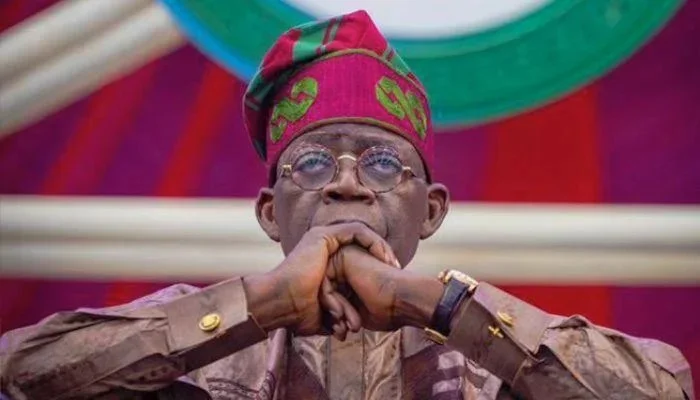Nigeria’s government has challenged the World Bank’s claim that 139 million citizens live in poverty, describing the report as inaccurate and outdated.
Presidency Rejects Poverty Claim
Presidential Adviser Sunday Dare said the Nigeria poverty dispute stems from data that does not reflect current economic progress. He urged global institutions to use updated information. “These figures ignore our reforms and real growth,” Dare stated.
Global Poverty Metrics Questioned
The World Bank’s assessment uses a $2.15 daily poverty line, based on 2017 purchasing power parity. Converted to naira, this equals about ₦100,000 a month. However, Nigeria’s new ₦70,000 minimum wage reveals how global standards overlook local realities. Therefore, officials argue that the Nigeria poverty dispute highlights flaws in international benchmarks.
Outdated Data and Limited Context
The Presidency explained that the World Bank relied on 2018–2019 surveys. These old datasets miss progress made since major reforms began. Furthermore, they ignore Nigeria’s informal sector, where millions sustain themselves through local trade and subsistence farming.
Expanding Social Programs
To reduce hardship, President Tinubu’s administration has expanded social welfare coverage. Conditional Cash Transfers now reach 15 million households, with ₦297 billion disbursed since 2023. In addition, the Renewed Hope Ward Development Programme delivers projects to all 8,809 wards nationwide.
Supporting Jobs and Families
The National Social Investment Programmes—N-Power, TraderMoni, and the School Feeding Initiative—focus on job creation and small business support. These programs aim to ease household pressure and counter claims raised in the Nigeria poverty dispute.
Efforts to Lower Living Costs
Food security policies include grain and fertilizer subsidies. Meanwhile, the Renewed Hope Infrastructure Fund invests in housing, power, and roads. These actions create jobs and help stabilize prices, especially for low-income families.
Reform-Driven Economy
Since 2023, the government has introduced several structural reforms. It ended fuel subsidies, unified exchange rates, and redirected public spending to productive sectors. Consequently, the World Bank acknowledged Nigeria’s rising revenues and stronger macroeconomic stability.
World Bank’s Position
During the 2025 Nigeria Development Update, World Bank economist Mathew Verghis commended ongoing reforms but warned of rising poverty numbers—from 129 million in April to 139 million by October. “Reform benefits must reach households,” he said. His comment renewed attention to the Nigeria poverty dispute.
Focus on Inclusive Recovery
According to the Presidency, modeled data cannot capture ground realities. The government continues to promote investments in agriculture, manufacturing, and renewable energy. Moreover, a unified social register now ensures transparency in welfare delivery.
Building a Resilient Future
Tinubu’s economic vision emphasizes inclusive growth and long-term stability. Through skill training, green energy projects, and easier access to credit, the government hopes to lower costs and improve livelihoods. “Citizens will soon feel positive changes,” Dare affirmed.
Ultimately, the Nigeria poverty dispute underscores the gap between global models and local experiences as Nigeria advances toward sustainable growth.
__________________________________________________






